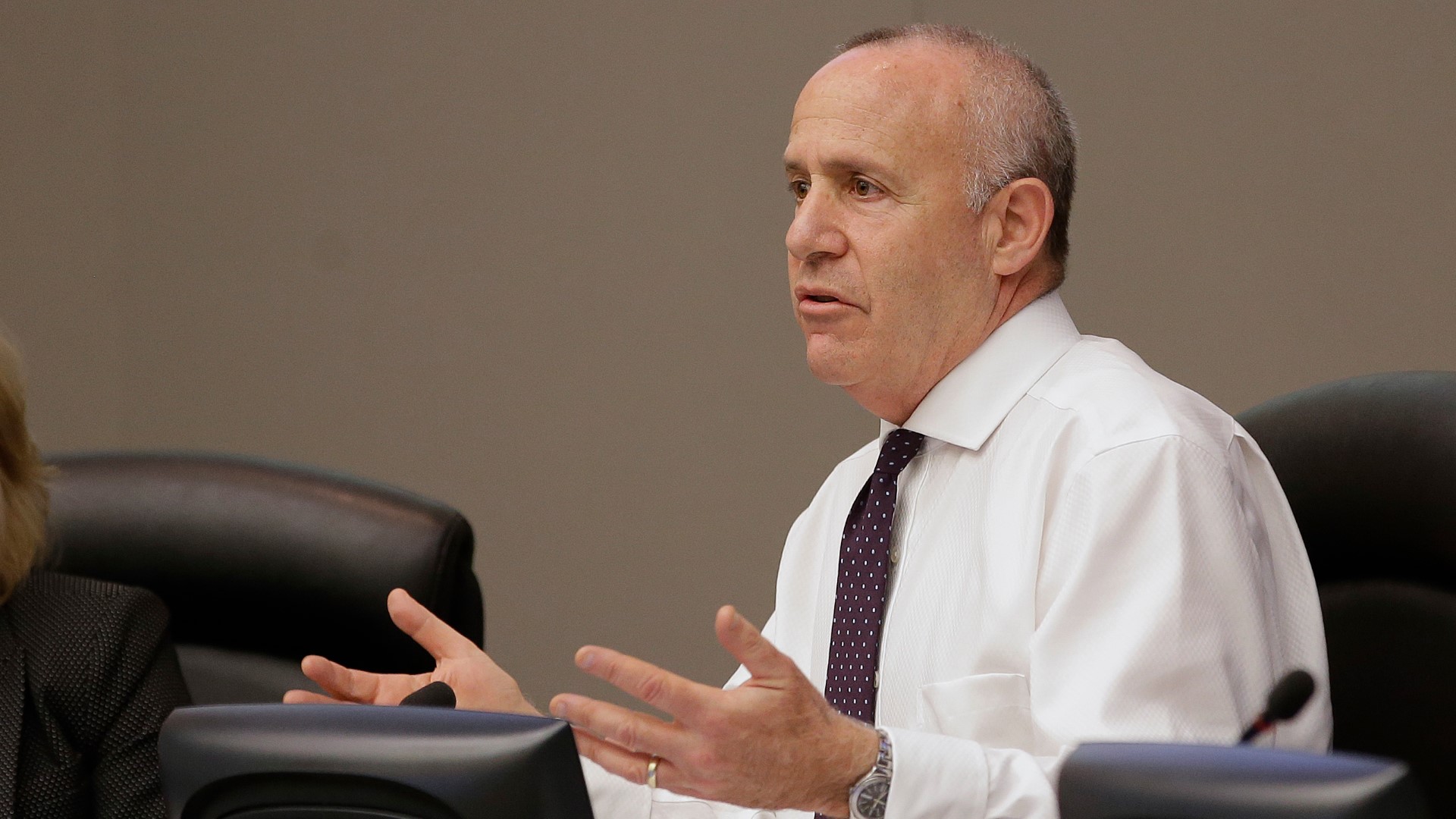Update:
Measure A, the Sacramento Mayoral Accountability and Community Equity Act, would "establish greater accountability and stronger checks and balances to better ensure that the agenda, budget, leadership, and day-to-day management of the city of Sacramento are directly informed by, and aligned with the will of the voters," according to the city's website.
This would essentially change the city's council-manager form of government to a mayor-council form.
Here are the results for Measure A as they come in:
Original:
Sacramentans have several measures on this year's ballot, including one that would drastically change how the city of Sacramento governs.
Measure A, the Sacramento Mayoral Accountability and Community Equity Act, would "establish greater accountability and stronger checks and balances to better ensure that the agenda, budget, leadership, and day-to-day management of the city of Sacramento are directly informed by, and aligned with the will of the voters," according to the city's website. This would essentially change the city's council-manager form of government to a mayor-council form.
Voters have rejected a similar "strong mayor" measure once before and the city council has rejected it twice in recent years. In 2016, then mayoral candidate Darrell Steinberg supported the idea but said he wouldn't bring it back.
"The voters spoke and like Councilmember Ashby I don't plan to bring it back. I ran for office for mayor knowing that I would be running under this system, and I'm perfectly comfortable with being a strong mayor in this system because strength is not just about structure," Steinberg said during a 2016 Metro Cable broadcast.
Now Mayor Steinberg has changed course with Measure A.
"I still believe that in some degree, because I think leadership is about vision like you said, and dedication and skills... but I've also served now for four years on the job and I have experienced it. I think there is a significant gap between the people's expectations for more progress," Steinberg said.
He said the current system has been too slow to respond to emergencies. Mayor Steinberg is one of nine city council members. His position has no term limits and no power to veto. The Sacramento City Council appoints a city manager to oversee city business.
Under Measure A, a nine-member council would have a president and vice president, but the mayor would become the chief executive officer, obligated to attend council meetings once a quarter. The mayor would also have a two-term limit, propose the city budget, have line-item veto power, and the authority to fire and hire the city manager. The council could override most of the mayor's decisions with a two-thirds vote. The act also requires the creation of an ethics commission along with a Fair Housing and Human Rights Commission.
The League of Women Voters is taking a strong position against the measure, joining the city's firefighters and teachers' unions.
"So to concentrate power in the mayor's office, really weakens the council, and they're the voice of the people," said Paula Lee of the League of Women Voters.
Some groups called the act an unnecessary change. They said participatory budgeting and earmarks for $40 million a year for inclusive economic development and youth services are sweeteners that hamper real reform.
"We really doubt that that is a promise that can be kept, kind of like Measure U. The money may not be there, and if it isn't there, the city services will be drastically cut," Lee said.
The non-partisan group called it a power grab and ballot box budgeting at its worst.
If Measure A passes, it would have to be re-approved by voters by 2030.
(Editor's Note: An earlier version of this article stated that voters have rejected strong mayor proposals three times. This article has been updated to correct that. Voters have rejected it once and the city council rejected it twice.)

